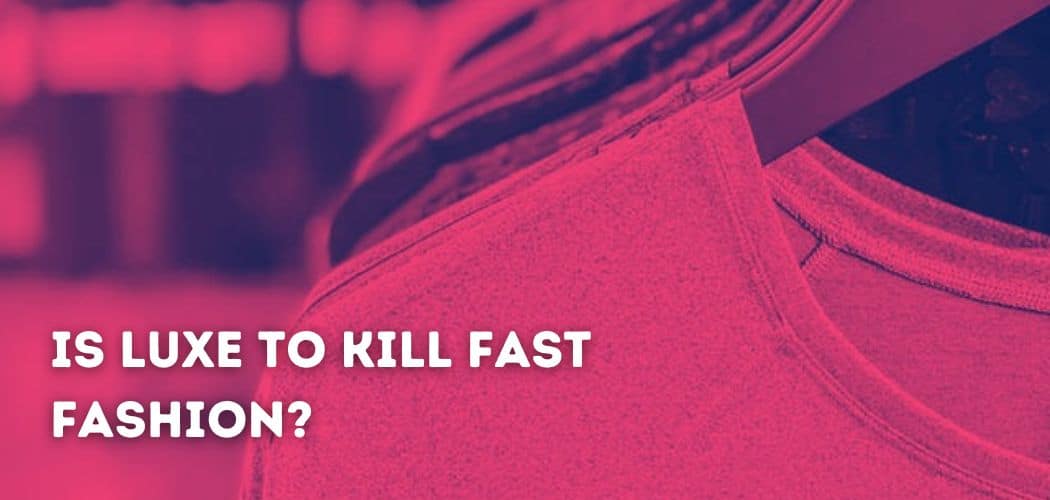Our utilization of the amount of clothes we purchase has increased over the past 15 years. Cheap T-shirts and £1 swimwear absolutely abound everywhere you look.
Adopting sustainable apparel is among the strategies to go if you want to get away from the never-ending new fashion releases and avoid adding to the growing mountain of chemical-soaked apparel in landfills.
Sustainable and ethical clothing companies are some of the most fascinating in the world right now, offering everything from sassy jumpsuits to men’s daily basic shirts, perfect-fit jeans, and T-shirts that are using cutting-edge fabrics.
Fast fashion has a number of problems that need to be fixed.
These include including microplastics, excessive consumerism, unscrupulous production lines, animal rights, worker’s rights, hazardous waste, and water scarcity.
Unfortunately, no ethical clothing company can anticipate resolving all of them. The advantage of cotton over plastic is that it is a natural substance.
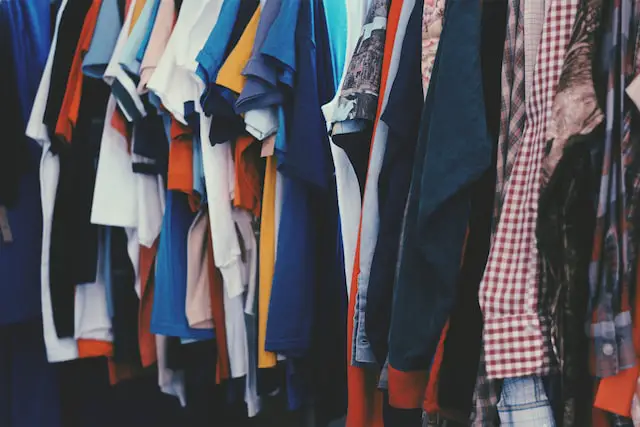
However, producing one kilogramme of cotton—the equivalent of a tshirt and pair of jeans—can require between 10,000 and 20,000 litres of water.
Speaking of water, WRAP calculated that the UK’s clothing use left an 8 billion standard cubic metre water impact in 2016.
An astonishing 79 billion cubic metres of clean water are used annually by the garment industry.
The production of fibre on land is expected to increase by 35% in the fashion sector by 2030. That is land that is not used to support agriculture, home construction, or biodiversity preservation.
The most popular fabric for apparel is polyester. Although it makes up 60% of our apparel, it is almost certainly produced of brand new plastic.
A growing number of ethical clothing uses recycled plastic fibres. In either case, microplastics are created.
Sadly, synthetic clothing accounts for up to 35% of the microplastics in our waters. Up to 700,000 strands can be released during a single wash.
The need for sustainable and ethical fashion is at an all-time high, with climate change affecting the earth in innumerable ways.
Sustainable slow fashion company Luxe To Kill is based in the north-west Manchester and never sacrifices quality or style.
When Luxe To Kill first started out in 2017, photo shoots and order shipping were done simultaneously out of a garage connected to the founder’s home.
A young, female-led company, Luxe To Kill is situated in Manchester, England. Their values consist of:
- Preserving the earth for future generations
- Promoting diversity and dismantling barriers in the society by giving power to women from all ethnicities in the fashion business
- Supporting their team’s and the community’s physical and mental health
- Providing their customers with high-quality, enduring, and sustainable products
Where do they get their clothes?
Luxe To Kill is a pretty recently launched slow fashion brand, therefore not a lot of information is available on their practices and production sites.
They state on their website that their products are manufactured within the UK as well as outside it.
Is it an ethical brand?
On their website, Luxe To Kill state that fashion does not have to be costly tp the earth, and this has been their goal since the year 2020 began.
Their transition to a more ecological company strategy mirrors how their local environment is developing. They really feel that this action is necessary, and they take great pride in pushing the industry’s agenda.
They assert that they can produce unrealistic collections without harming the environment by using recyclable materials, ethically sourced products, or repurposed styles.
They assert that they’ve only used vegan products since day one and that they have since developed and enhanced their procedures to fit their brand’s vision and direction.
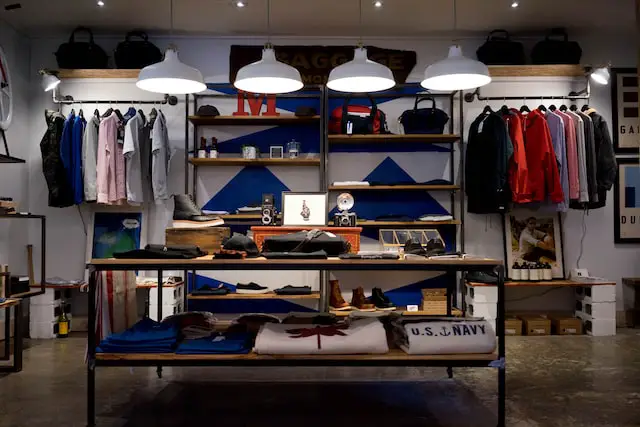
According to them, sustainability in operations and products is more crucial than ever.
Luxe To Kill believes it is past time for things to improve because the fashion industry, along with many other businesses, has rarely been held responsible for its influence on the environment.
In order to depart from the conventional fast fashion paradigm, LTK decided to embrace a dramatic change in strategy for Autumn/Winter 2020.
Every day, thousands of extra ranges are introduced by hundreds of brands in what appears to be a scattershot effort to reach as many customers as possible.
Due to products being shipped to be disposed of as unclaimed, unworn or unsold goods, this process leads to millions of tonnes of waste in landfills each year.
This is a major environmental problem since there are so many unused items that their carbon impact is unsustainable for the future.
Luxe To Kill has made the deliberate choice to sell much fewer lines, only choosing the looks they believe will be the big winners for females.
According to them, doing away with the hundreds of things that are typically left over when collections get older also inhibits the excessive materialism that we have all long indulged in at the price of the environment.
They firmly believe that lowering the noise and narrowing their focus is a positive step toward a more sustainable business.
Luxe To Kill promised to have at least 80% of its package design manufactured from recyclable or repurposed materials by the start of 2022.
In order to reduce the waste that they previously described, they have also frequently repurposed entire lines rather than creating new ones.
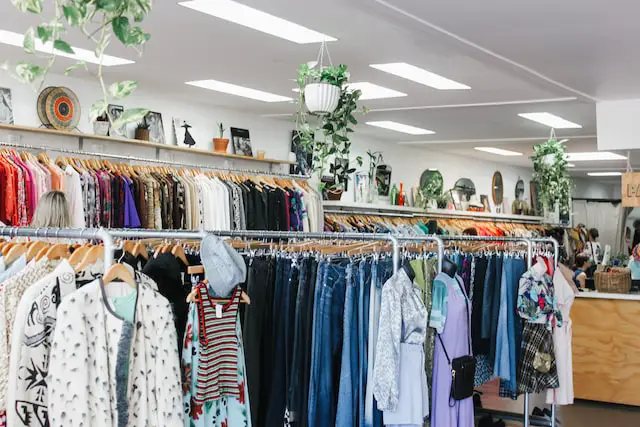
For instance, all of their “embroidered” products—about 80% of them—are made from previously used items.
Since the beginning of Luxe To Kill, they have always made sure that their products are free of animal testing and other forms of cruelty.
Real leathers, furs, and other items made from animals that may or may not contain animal products are not sold by them.
You can read more about their practices here: Sustainability
Luxe To Kill is a self-claimed slow fashion brand that focuses on ethical sustainability and ecological wellness of the earth.
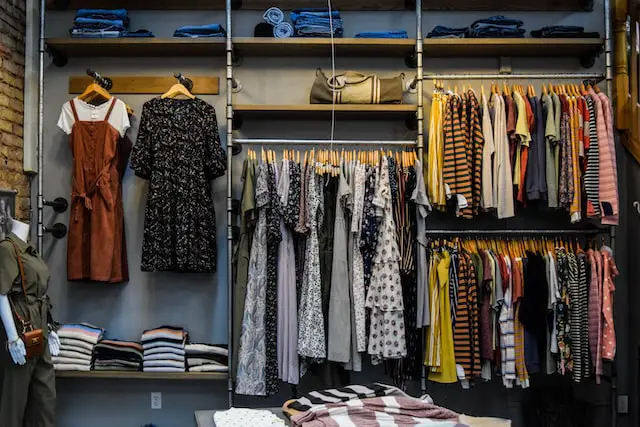
As it a newly launched brand, it is not yet clearly known how much work they’ve accomplished per their stated aims.
We can only give them the benefit of the doubt and hope they really do practice what they preach.
